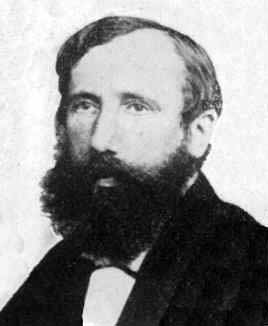
Isaac Todhunter FRS, was an English mathematician who is best known today for the books he wrote on mathematics and its history.

John Hopkinson, FRS, was a British physicist, electrical engineer, Fellow of the Royal Society and President of the IEE twice in 1890 and 1896. He invented the three-wire (three-phase) system for the distribution of electrical power, for which he was granted a patent in 1882. He also worked in many areas of electromagnetism and electrostatics, and in 1890 was appointed professor of electrical engineering at King's College London, where he was also director of the Siemens Laboratory.
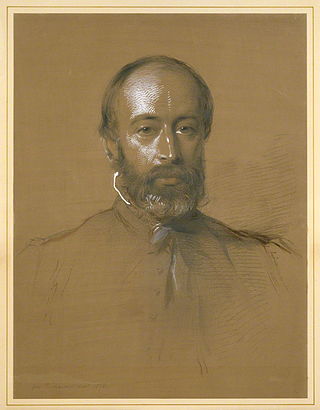
Sir Arthur Helps was an English writer and dean of the Privy Council. He was a Cambridge Apostle and an early advocate of animal rights.

Sir George Howard Darwin, was an English barrister and astronomer, the second son and fifth child of Charles Darwin and Emma Darwin.
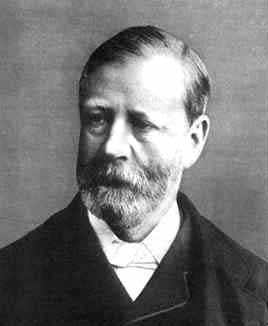
Rev. Henry William Watson FRS was a mathematician and author of a number of mathematics books. He was an ordained priest and Cambridge Apostle.

James Whitbread Lee Glaisher FRS FRSE FRAS, son of James Glaisher and Cecilia Glaisher, was a prolific English mathematician and astronomer. His large collection of (mostly) English ceramics was mostly left to the Fitzwilliam Museum in Cambridge.
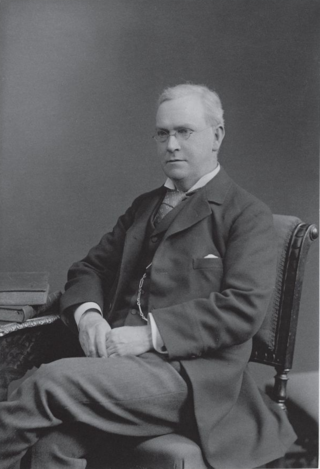
Sir Horace Lamb was a British applied mathematician and author of several influential texts on classical physics, among them Hydrodynamics (1895) and Dynamical Theory of Sound (1910). Both of these books remain in print. The word vorticity was invented by Lamb in 1916.
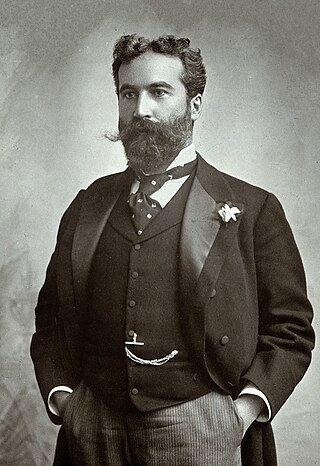
Sir Donald MacAlister, 1st Baronet of Tarbet was a Scottish physician who was Principal and Vice-Chancellor and, later, Chancellor of the University of Glasgow. He was a member of the Cambridge Apostles intellectual secret society, from 1876. From 1904 to 1931 he was President of the General Medical Council.

Edward John Routh was an English mathematician, noted as the outstanding coach of students preparing for the Mathematical Tripos examination of the University of Cambridge in its heyday in the middle of the nineteenth century. He also did much to systematise the mathematical theory of mechanics and created several ideas critical to the development of modern control systems theory.

Norman Macleod Ferrers was a British mathematician and university administrator and editor of a mathematical journal.

Sir Raghunath Purushottam Paranjpye was the first Indian to achieve the coveted title of Senior Wrangler at the University of Cambridge, and became a university administrator and Indian ambassador.

The Senior Wrangler is the top mathematics undergraduate at the University of Cambridge in England, a position which has been described as "the greatest intellectual achievement attainable in Britain".

Henry Cotterill was an Anglican bishop serving in South Africa in the second half of the 19th century. From 1872 until death he was a bishop of the Scottish Episcopal Church in Edinburgh.

Sir James Stirling, FRS was a British barrister, judge, and amateur scientist. In his youth he demonstrated exceptional ability in mathematics, becoming Senior Wrangler at Cambridge in 1860, regarded at the time as "the highest intellectual achievement attainable in Britain". He was a High Court judge in the Chancery Division from 1886 to 1900, and a Lord Justice of Appeal from 1900, when he was made a Privy Counsellor, until his retirement in 1906. He continued to pursue his scientific and mathematical interests during his legal career, and after retiring from the bench became vice-president of the Royal Society in 1909–1910.

William Lax was an English astronomer and mathematician who served as Lowndean Professor of Astronomy and Geometry at the University of Cambridge for 41 years.
Dr. William Garnett was a British professor and educational adviser, specialising in physics and mechanics and taking a special interest in electric street lighting.
Francis Bashforth was an English Anglican priest and mathematician, who is known for his use of applied mathematics on ballistics.
John Forbes Cameron was a Scottish mathematician, academic and academic administrator. He was Master of Gonville and Caius College, Cambridge from 1928 to 1948 and was Vice-Chancellor of the University of Cambridge from 1933 to 1935.
Frederic Slaney Poole, generally referred to as F. Slaney Poole or Canon Poole, was an Anglican priest in South Australia.
William Loudon Mollison was a Scottish mathematician and academic. From 1915 to 1929, he was Master of Clare College, Cambridge.
















